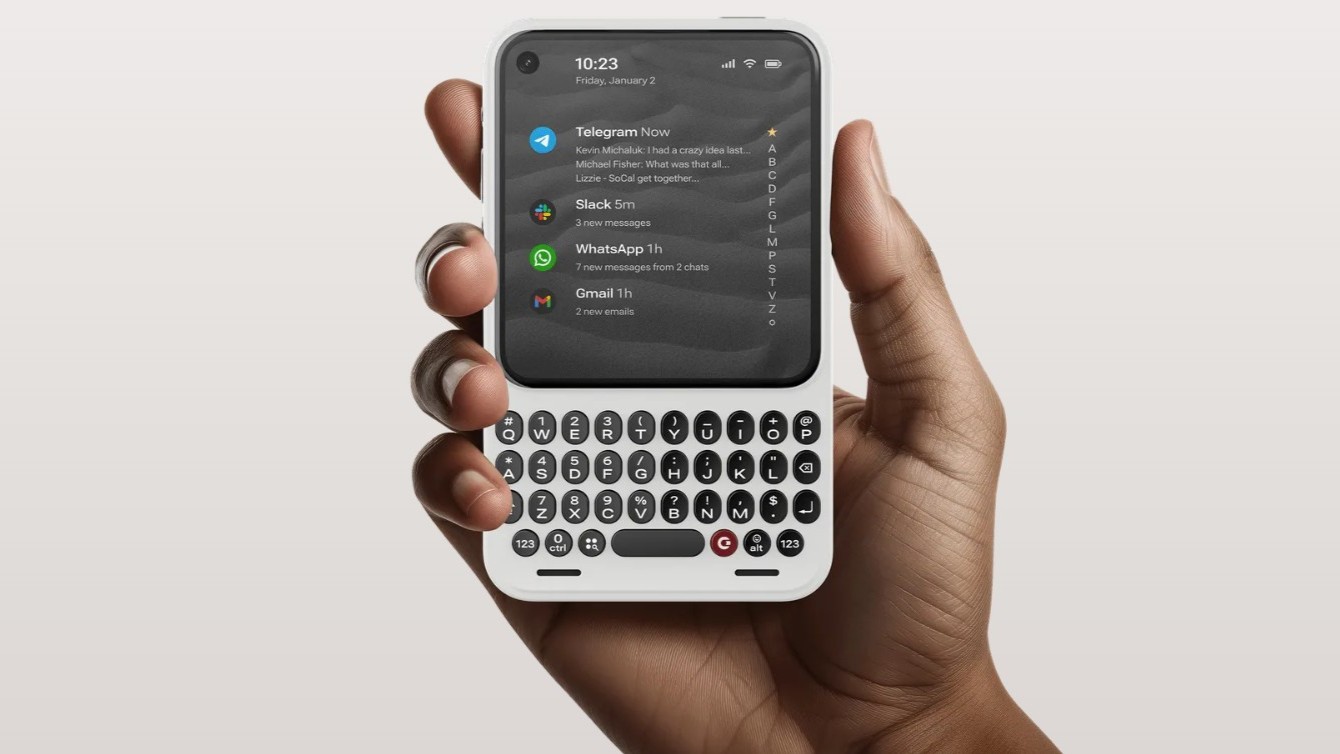What I want to see from smartwatches and wearables in 2024
We're primed for an explosion of on-wrist AIs and smart rings, while Wear OS watches have plenty of room for improvement.
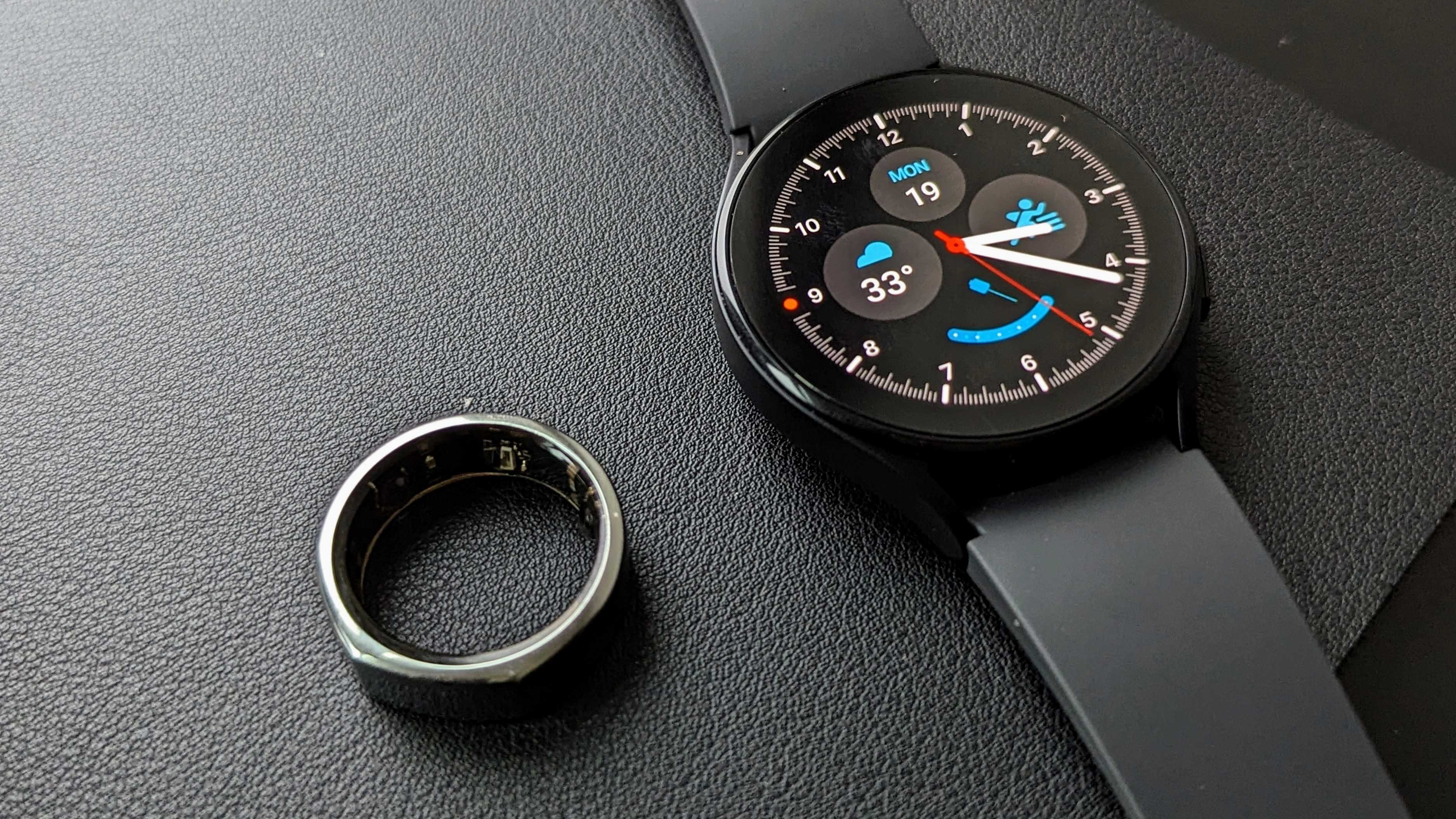
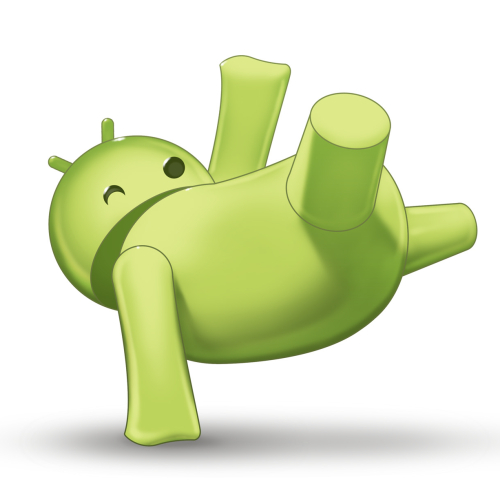
In his weekly column, our Senior Editor of Wearables and Fitness Michael Hicks discusses the world of smartwatches, apps, and fitness tech related to running and health, in his quest to get faster and more fit (and help you do the same).
As 2023 comes to a close and everyone pretends January is the perfect time to start getting fit, I'm already thinking ahead to what next year has in store for us, from upcoming 2024 smartwatches to the software and sensors our favorite brands will stick inside them.
All things considered, 2023 was a very strong year for wearables. The Pixel Watch 2 came into its own as a Wear OS/ Fitbit hybrid, while Samsung played it safe with performance upgrades and Apple got people excited with gesture controls.
On the fitness side, Garmin put out some of its strongest-ever watches like the Forerunner 965 and Venu 3, while competitors like COROS and Polar held their own. Despite Fitbit's struggles to regain its momentum and redesign its app, it did at least launch the solid Fitbit Charge 6, which I reviewed highly.
Still, we can certainly hope for newer and greater things this year. The AI craze will almost certainly come for this year's watches, smart rings will jump into the public eye — with or without Samsung — and we have to assume some new health sensor tricks will make their way to mainstream brands.
Here's everything I expect to see, or want to see, out of smartwatches and other wearables in 2024!
AI on your wrist
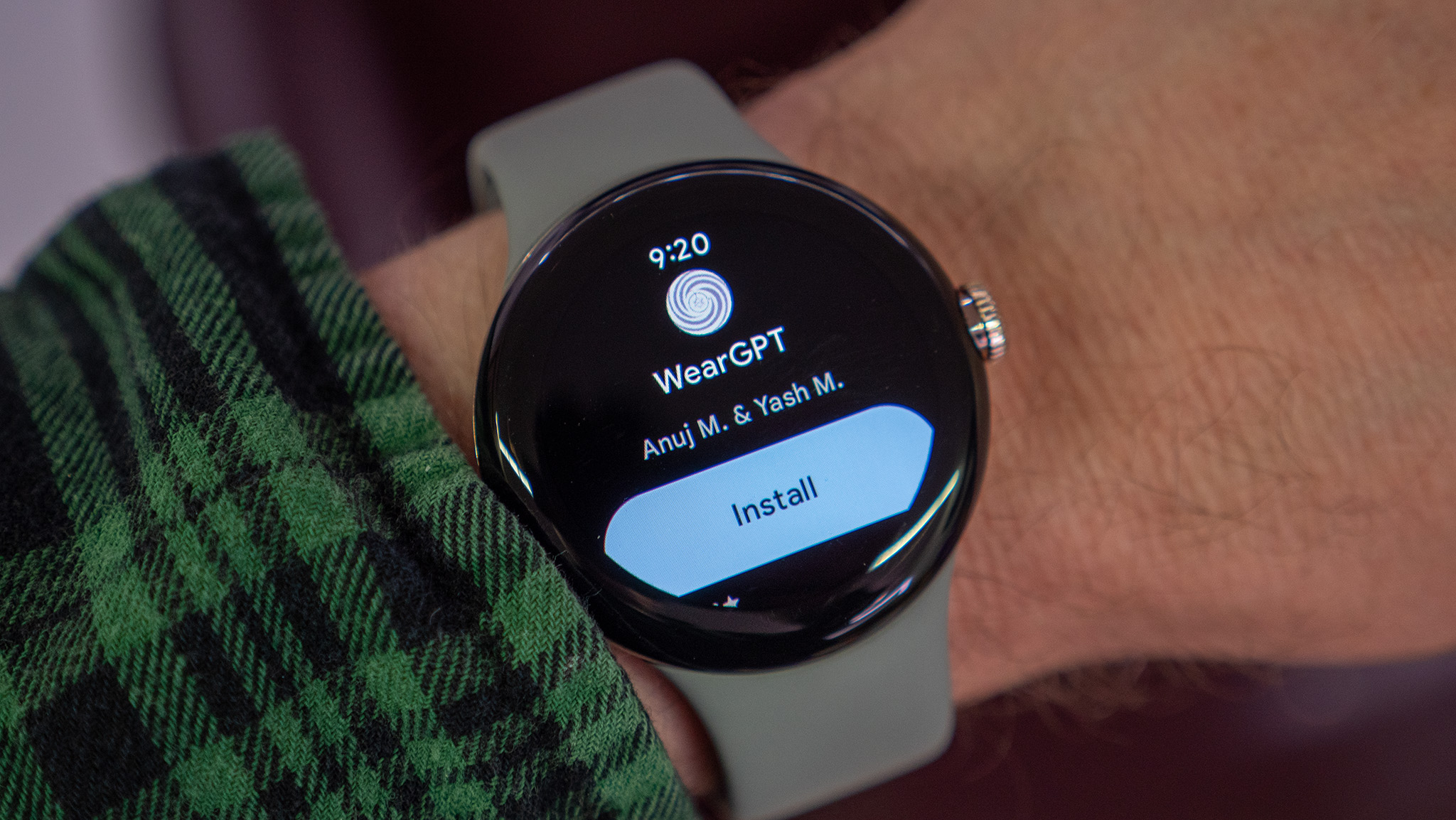
I spoke to two wearable analysts about what to expect in 2024, and both independently brought up the same feature: on-device AIs.
"I think wearables will most likely start to take advantage of AI," said Anshel Sag, principal analyst at Moor Insights & Strategy. As the AI chipsets get smaller, Sag "foresees a future where AI helps to enhance the wearable experience in ways that we've only wished could be possible."
Get the latest news from Android Central, your trusted companion in the world of Android
Jitesh Ubrani, research manager for IDC's Worldwide Mobile Device Trackers, agreed that "the inclusion of AI in wearables" will drive sales to new heights in 2024.
He mentioned Apple's gesture controls as an early example of its potential; next, AI will help offer "customized workouts or personalized nutrition plans" or tell you "the best time to have a cup of coffee is at 2 pm so you can have an optimal workout at 4 pm."
One of the main upsides of a Garmin watch is its ability to tell you how tired or sore you are and adjust your daily workouts accordingly. If bigger watch brands can really turn to AI to offer this reliably, and without the hallucinations AI is prone to, that would be a major upside — one I've been hoping to see for some time!
Google can use Gemini for the Pixel Watch and lend it to Samsung, while some brands may want to partner with OpenAI or other brands. With Samsung turning the Galaxy S24 into an "AI phone," maybe the Galaxy Watch 7 will be the company's first "AI watch."
The year of the smart ring?
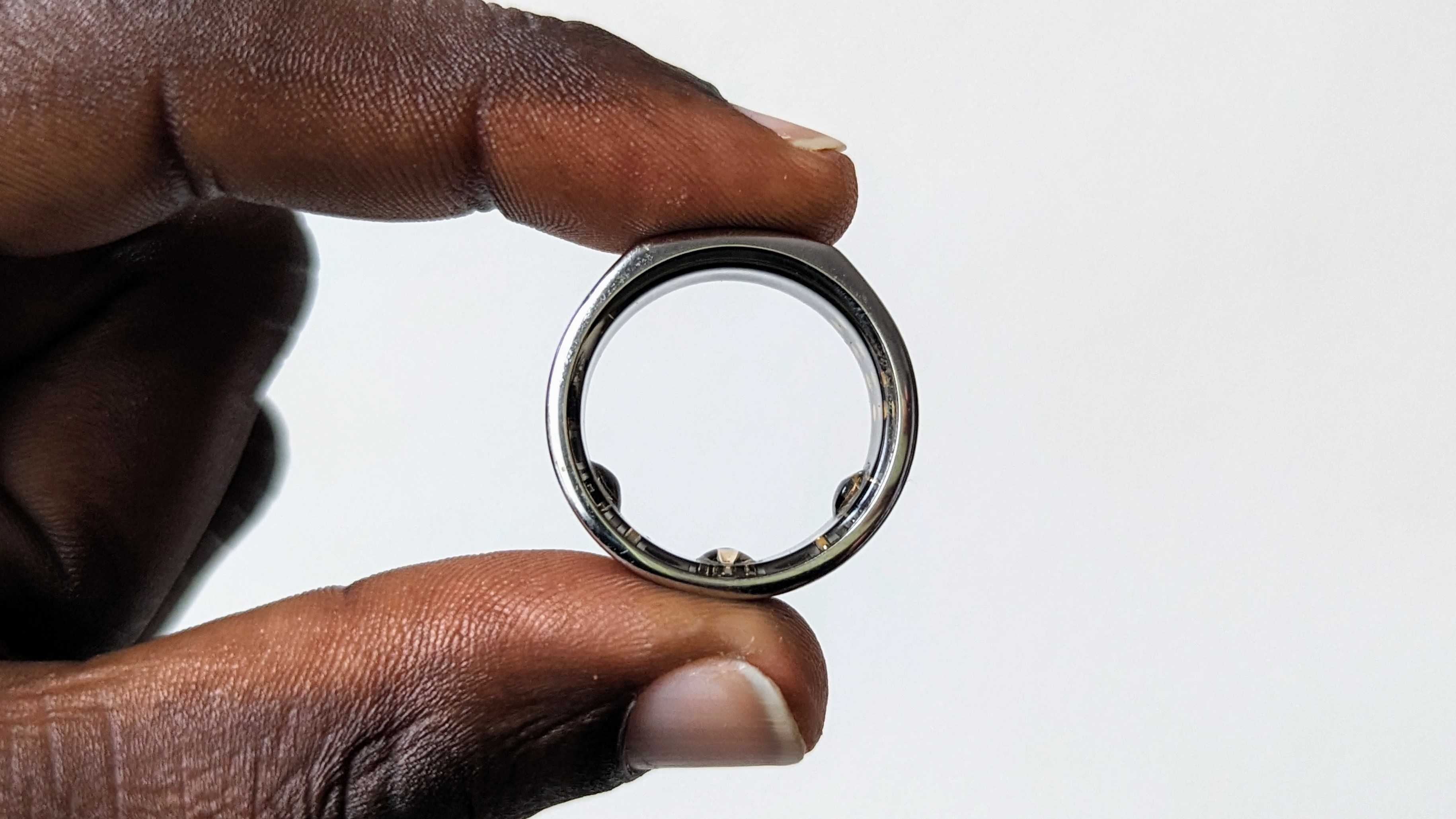
I've tested dozens of smartwatches but have yet to wear my first smart ring. My colleagues who own the Oura Ring (Gen 3) swear by it, though, and other brands like Ultrahuman, RingConn, Circular, BoAt, and Noise have jumped into the fray this year.
All of these brands will try to strengthen their position before the Samsung Galaxy Ring launches; it's currently rumored to arrive either in the summer of 2024 or early 2025, depending on how long it takes to get medical approval.
"Samsung's entrance [to the smart ring market] would be huge because it's a multinational brand with a very broad distribution network and plenty of marketing," Ubrani explained, while most of its current competitors are "localized to a few countries around the world."
He shared his team's prediction for upcoming smart ring sales, which didn't take Samsung into account, predicting worldwide sales will top one million units for the first time (a 16% increase) despite the lack of a "major" worldwide brand. With Samsung in the mix, that number could shoot up.
Sag suggested that while smart rings "solve a big problem with smartwatches" in terms of comfortable sleep tracking, he also thinks that "there's still room for improvement in the form factor" and that they need to "get thinner and more sleek" before they start exploding in terms of sales.
A unified Wear OS ecosystem
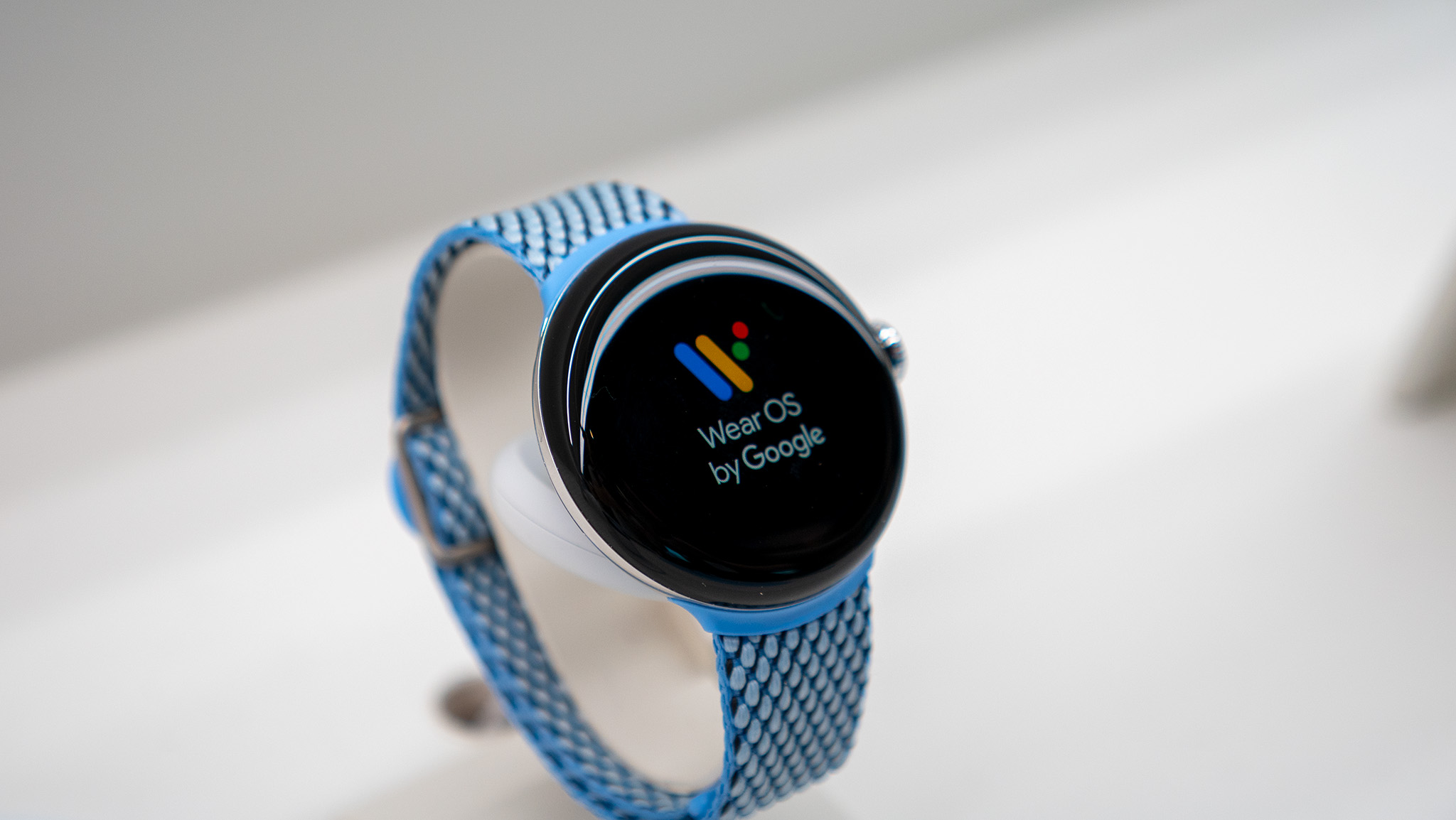
Moving on from what I expect to what I want to see, Google needs to make sure that Mobvoi, Fossil, and its other Wear OS partners aren't left in the dust.
When Wear OS 3 launched in mid-2021, it came immediately to the Galaxy Watch 4 that summer. Then Fossil got Wear OS 3 in October 2022 and had to wait until mid-2023 to offer Google Assistant again. Mobvoi, meanwhile, has only just begun to roll out Wear OS 3 to its old watches as of December 2023, a year after the original promised date.
It's clear that the old Snapdragon Wear hardware had to be dragged kicking and screaming into the Wear OS 3 era. But for current and future watches like the Ticwatch Pro 5 and Fossil Gen 7 — and new partners like Xiaomi returning to Wear OS — Google needs to do what it takes to clear the way for its partners to have easy updates so customers aren't waiting years for new features.
Thus, 2024 is the time to show that unified front! While Google and Samsung jump to Wear OS 5 or 4.5, partners should at least be getting Wear OS 4, improving both software and overall performance.
A much better Pixel Watch 3
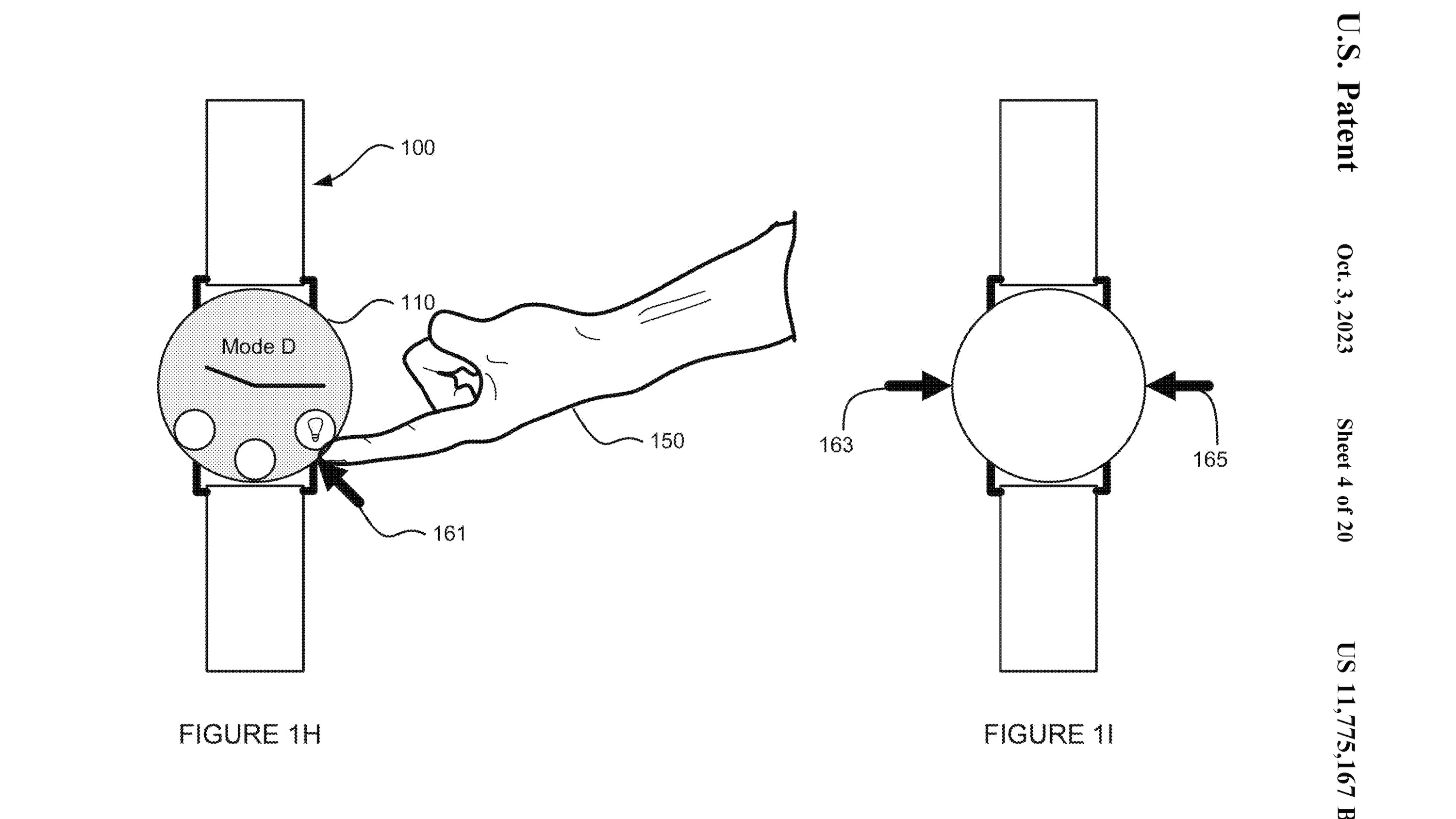
Android Central gave the Pixel Watch 2 our best smartwatch award of 2023, but that doesn't mean it's a perfect device. When I polled my coworkers about their wishes for upcoming 2024 smartwatches, most brought up things they want improved for the Pixel Watch 3.
In particular, they want better battery life, ideally matching with the 40-hour Galaxy Watch 6 or even longer with a "Pro" version. And so long as Google is only offering one size, they'd appreciate smaller display bezels, giving at least a 1.3-inch display on par with most rival watches.
What I find most intriguing comes from a 2023 Google patent showing a Pixel Watch with no crown. As you can see in the patent Figure above, it would have haptic sensors along the diameter of the watch. You'd be able to squeeze the Pixel Watch 3 from both sides to open a notification or pause a song. In another example, you'd slide your finger along the bottom to turn the volume up or down or tap a specific spot to turn on a widget.
I'm not sure how well this system would work in practice — it seems likely to have lots of false touches or misinterpreted gestures. But it's still an intriguing idea that takes advantage of its soft-edged display and gives the Pixel Watch 3 a standout gimmick no other smartwatch could offer.
New health data to shake things up
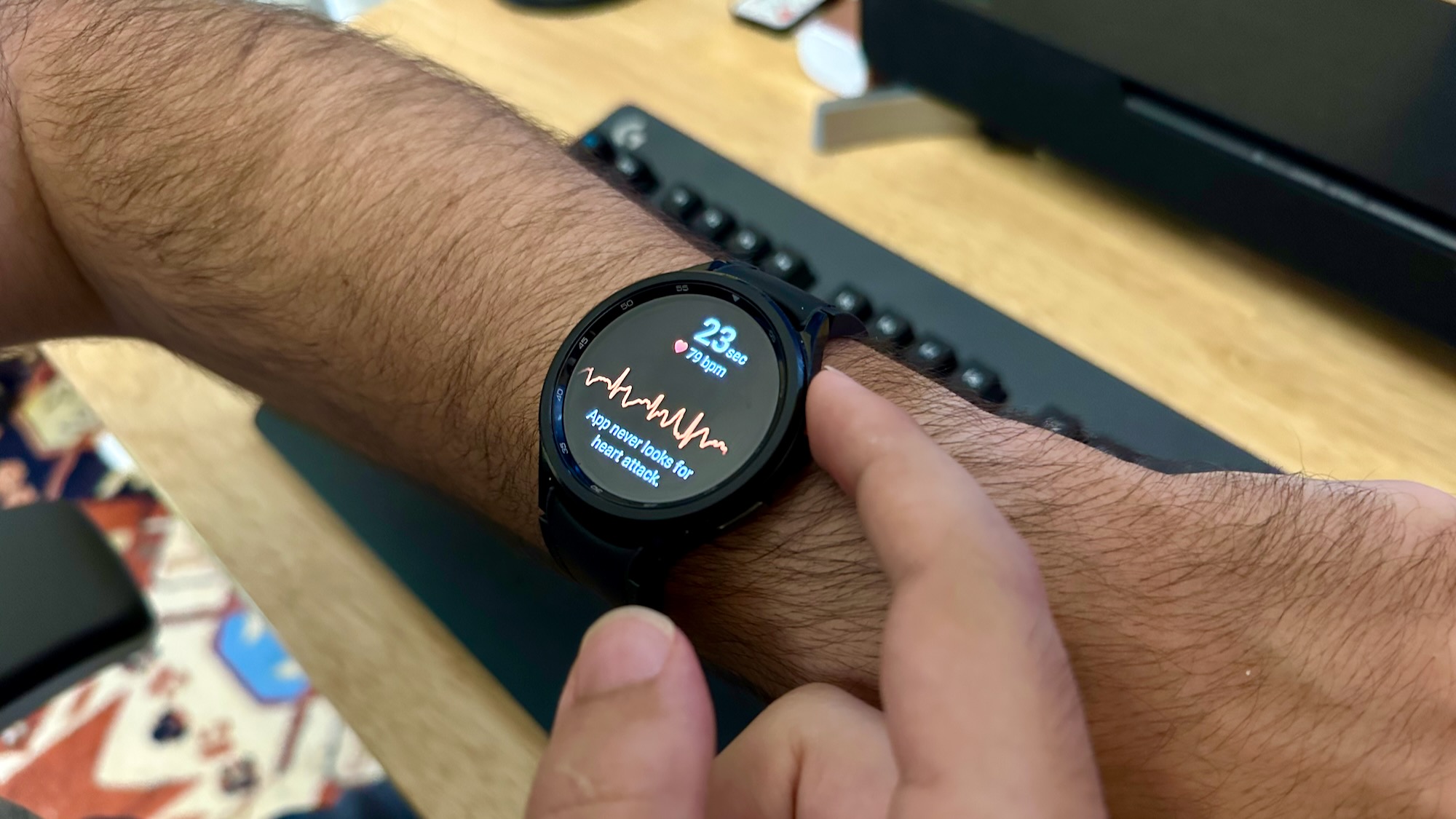
Earlier this month, I wrote about how Rockley, a health-tracking company that's partnered with "six out of the top 10 consumer device companies," has a new sensor that uses infrared to get a better grasp of your current health than skin-level heart rate sensors can detect.
That technology will probably come to major smartwatch brands in the near future, if not during 2024. But I'll be honest: I want something a little more exciting than just "more accurate health data," and I suspect that applies to plenty of consumers.
Apple will allegedly add blood pressure monitoring and sleep apnea detection to the Series 10. Samsung has measured blood pressure for years and sleep apnea since late this year but hasn't managed to get FDA approval for either. Maybe Apple entering the fray will help push Samsung to achieve the accuracy it needs.
Otherwise, well, I'll go back to the AI point above. The first brand to offer something like "Apple Coach" or "Galaxy Coach" with training or recovery time suggestions — based on your fitness level, recent activities, and sleep data — would really impress everyday consumers with dreams of getting fitter or running their first 5K.
A Fitbit renaissance
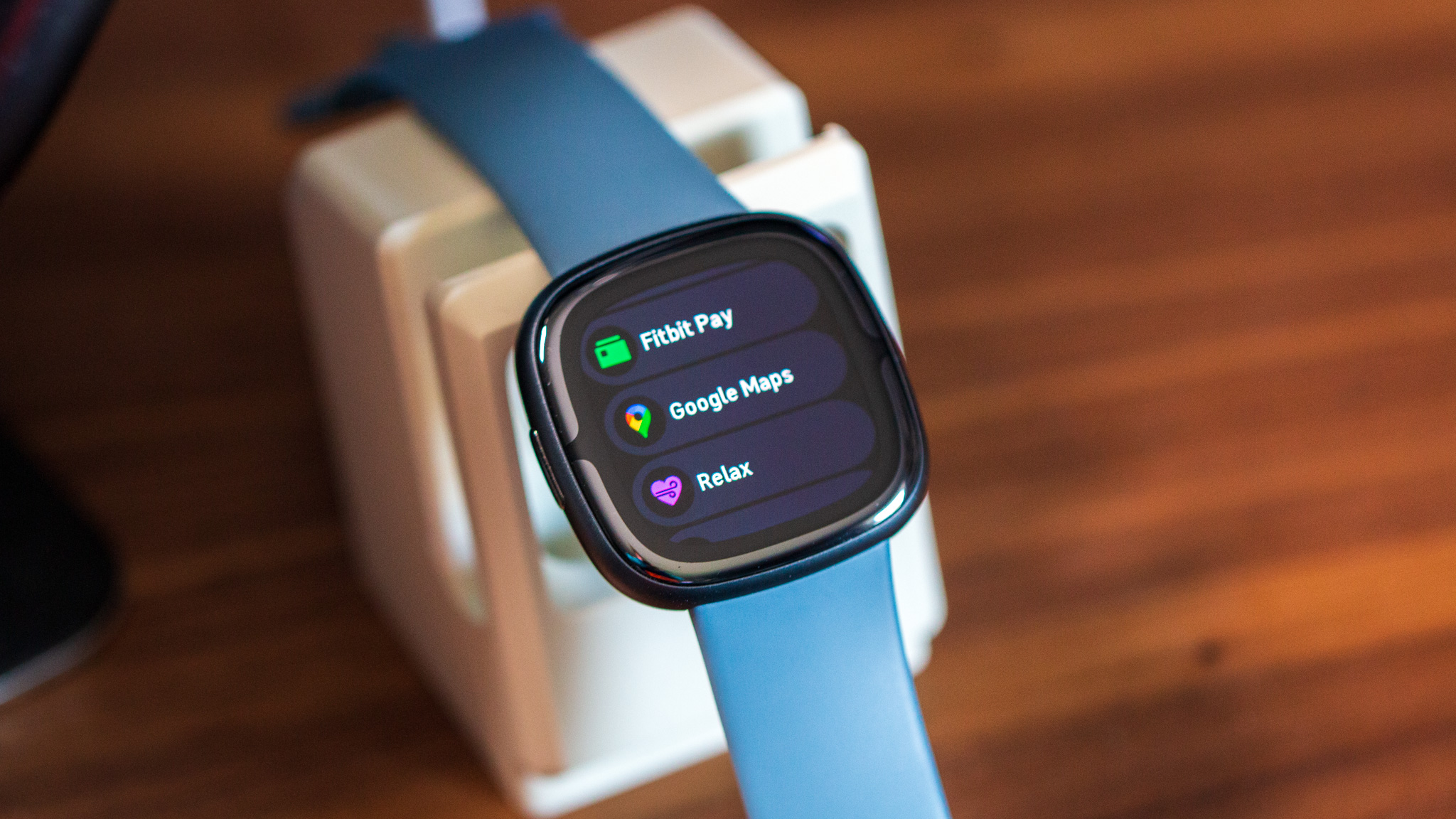
I'm worried about what Google has in store for Fitbit. We learned recently that Google had stopped selling Fitbit in dozens of countries, in order to align its sales with wherever it sells Pixel Watches. That, combined with the Pixel Watch 2 stealing the Fitbit Sense 2's sensors, makes me wonder what the company's plans are.
Based on Fitbit's usual release calendar, we can expect a Fitbit Sense 3 or Fitbit Versa 5 launch in 2024. But what can they offer to drum up excitement? The Versa 4 and Sense 2 already added Google Maps and Wallet, the same as this year's Charge 6, so it can't just rely on the Google namesake this time.
Will Google give these new watches a Wear OS-lite experience with more third-party apps, as older Fitbits had? Or will Google and Fitbit work together on a more advanced version of Fitbit Premium, either relying on AI coaching or better at-home workout videos like Apple Fitness+? I'm not sure, but I do know that Google and Fitbit have to go all out this year to impress us.
Unpredictable excitement
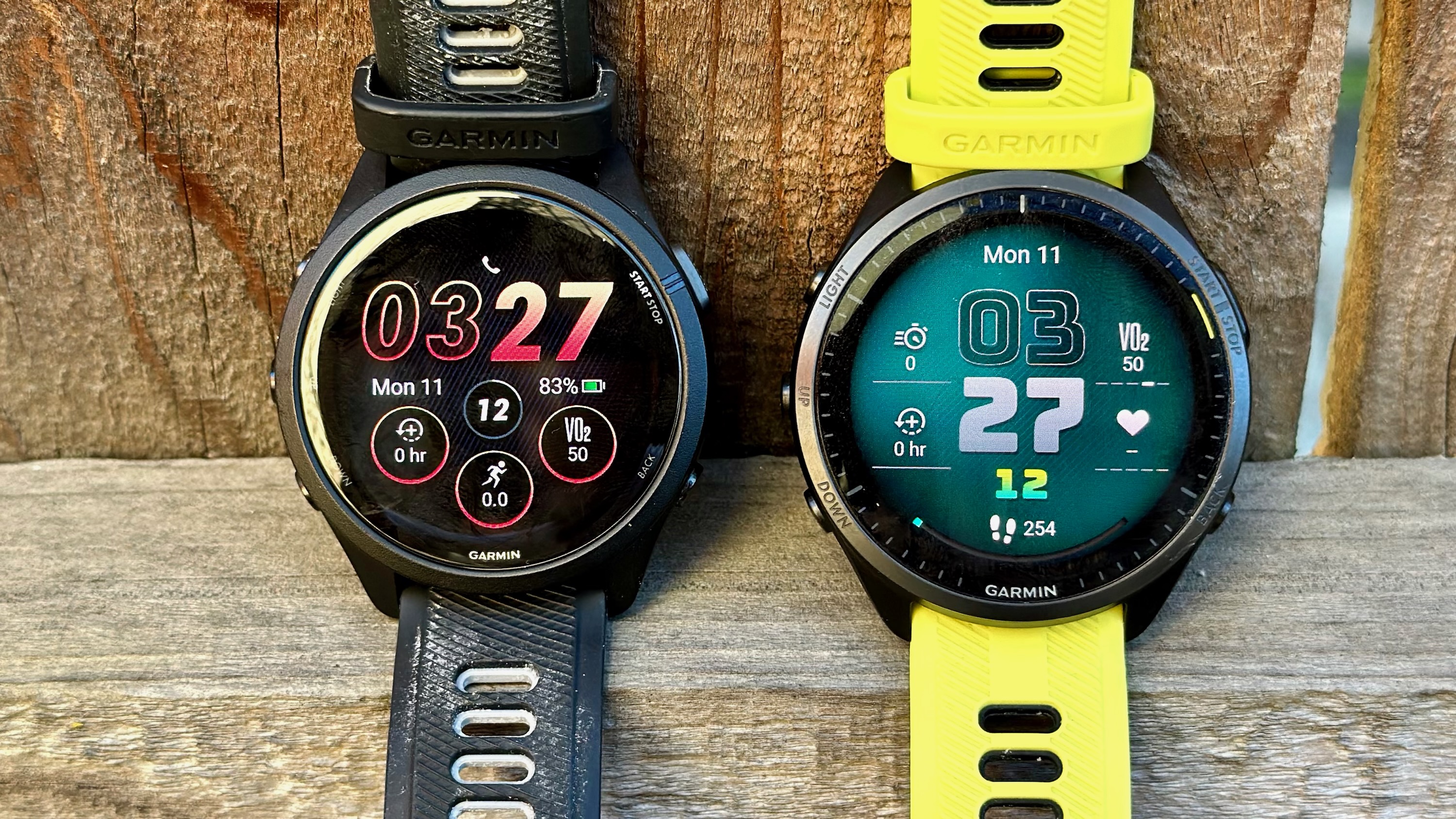
I don't know what will happen with the Galaxy Watch 7, Pixel Watch 3, Apple Watch Series 10, or other smartwatches that are sure to arrive in 2024. I'm sure they'll be good like their predecessors, but which one comes out on top in the AI smartwatch wars will be fun to... well, watch!
I'm also curious what Garmin has in store for 2024. It made some of the best fitness watches of the year, but even so, I've already written about how some of its fitness features could use a revamp, as could the maze-like Garmin Connect app.
And I haven't even touched on other devices in the wearables category, like smart glasses. Like smart rings, they're still finding their niche but keep getting more and more popular year by year.
In other words, 2024 should be an exciting time for wearables, with developments we've never seen and make-or-break moments for some major brands.

Michael is Android Central's resident expert on wearables and fitness. Before joining Android Central, he freelanced for years at Techradar, Wareable, Windows Central, and Digital Trends. Channeling his love of running, he established himself as an expert on fitness watches, testing and reviewing models from Garmin, Fitbit, Samsung, Apple, COROS, Polar, Amazfit, Suunto, and more.
